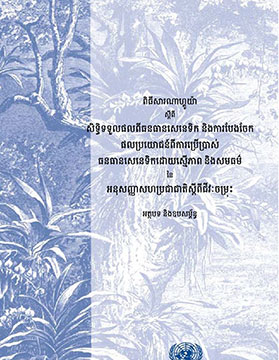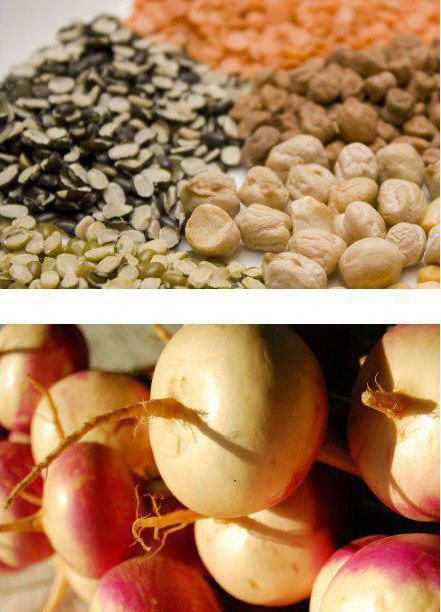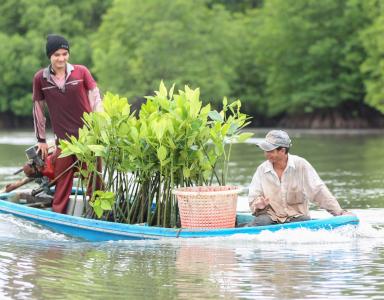Human have been using biodiversity (Genetic) to produce seeding for plants and crops, while biodiversity (Species) has been taking benefits to serve as food, medicines, and other industrialization products, and biodiversity (ecosystem) plays a role as a water purifier, produce CO2 , preventing floods, prevent natural disasters and natural pollination.In addition, biodiversity is a human knowledge store and full of secrets for mankind. Developing countries and poor countries, as well as developed countries, depend heavily on natural resources, and using biodiversity for national economic development, contributing to the vast majority of their GDP. However, all of us have to take part in maintaining and ensuring that biodiversity is still present and well-being forever.

Cambodia Clearing House Mechanism (CHM)
As a Party State to the United Nation Convention on Biological Diversity (UN-CBD), especially under the Article 18(3), the Kingdom of Cambodia is required to set up and operate Cambodia Clearing House Mechanism. Like other Clearing House Mechanisms in relation with United Nations Convention to Combat Desertification (UN-CCD) and United Nations Framework Convention on Climate Change (UNFCCC), Cambodia Clearing House Mechanism of CBD plays a crucial role in promoting and facilitating scientific and technical cooperation and exchange of information among all stakeholders.
This on-line data center which contains UN-CBD related documents, events, decisions, policies and legislation is expected to significantly contribute to realization of the three objectives of the Convention: the conservation of biological diversity, the sustainable use of its components and the fair and equitable sharing of benefits arising from the use of genetic resources.
In addition, it would serve as an information hub for the public, researchers and academic people. Please click here to visit Cambodia Clearing House Mechanism.

The Nagoya Protocol on Access to Genetic Resources and the Fair and Equitable Sharing of Benefits Arising from their Utilization (ABS)
The Nagoya Protocol on Access to Genetic Resources and the Fair and Equitable Sharing of Benefits Arising from their Utilization (ABS) to the Convention on Biological Diversity is a supplementary agreement to the Convention on Biological Diversity. It provides a transparent legal framework for the effective implementation of one of the three objectives of the UNCBD: the fair and equitable sharing of benefits arising out of the utilization of genetic resources.
This protocol aims for contributing to the conservation and sustainable use of biodiversity thought the fair and equitable sharing of benefits arising from the utilization of genetic resources.
The Nagoya Protocol will create greater legal certainty and transparency for both providers and users of genetic resources by:
• Establishing more predictable conditions for access to genetic resources.
• Helping to ensure benefit-sharing when genetic resources leave the country providing the genetic resources.

Biosafety
The Cartagena Protocol on Biosafety to the Convention on Biological Diversity is an international agreement on biosafety as a supplement to the Convention on Biological Diversity. This Protocol shall apply to the transboundary movement, transit, handling and use of all living modified organisms that may have adverse effects on the conservation and sustainable use of biological diversity, taking also into account risks to human health.
The Biosafety Protocol seeks to protect biological diversity from the potential risks posed by genetically modified organisms resulting from modern biotechnology.
The objective of this Protocol is to contribute to ensuring an adequate level of protection in the field of the safe transfer, handling and use of living modified organisms resulting from modern biotechnology that may have adverse effects on the conservation and sustainable use of biological diversity, taking also into account risks to human health, and specifically focusing on transboundary movements.

